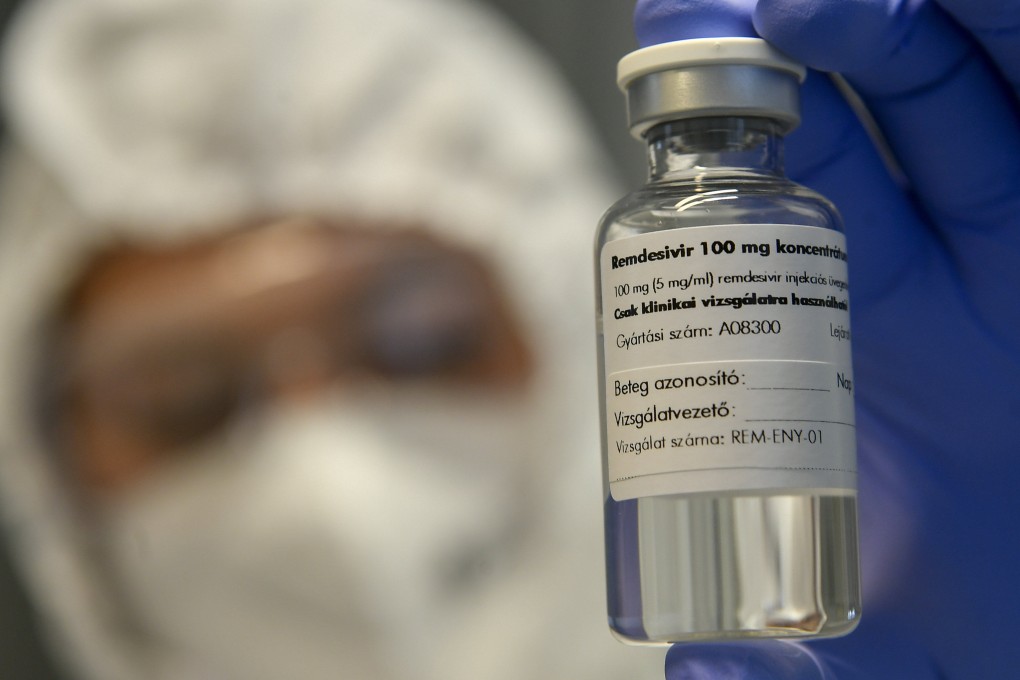Coronavirus can develop partial resistance to key treatment remdesivir, lab tests show
- Scientists behind study say the experiment highlights the need to watch for real-life signs of drug resistance to ensure the treatment remains effective
- The drug stops the virus copying its genome, but the study found that it developed mutations to counteract this effect

The Covid-19 virus can develop partial resistance to the antiviral medication remdesivir, a laboratory study has shown.
Researchers in the United States and Canada found that Sars-CoV-2, the official name of the coronavirus, developed mutations that enabled it to partially evade remdesivir’s antiviral effect upon repeated exposure to the parent molecule used to make the drug in cell culture.
The researchers said that despite very few reports of patient resistance to remdesivir, it was key to understanding factors that promoted or prevented resistance to the drug so that it could continue to be used to treat Covid-19 and possibly other coronaviruses.
Remdesivir is a Covid-19 treatment given by injection into a vein that stops the coronavirus by preventing its RNA genome from being copied.
The World Health Organization updated its guidelines in April to suggest remdesivir for treating mild or moderate Covid-19 patients at high risk of hospitalisation, reversing a 2020 recommendation against its use.
The update is based on phase 3 trial data that showed a three-day course of the drug significantly reduced the risk of hospitalisation for patients at high risk of disease progression, according to its developer Gilead Sciences.
